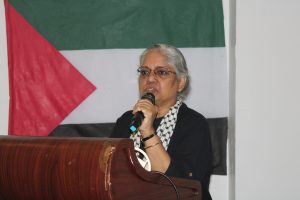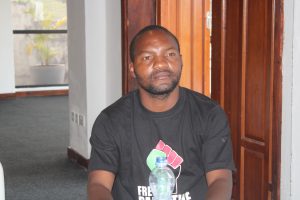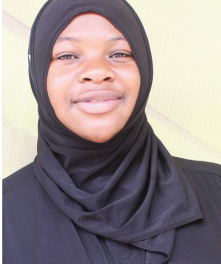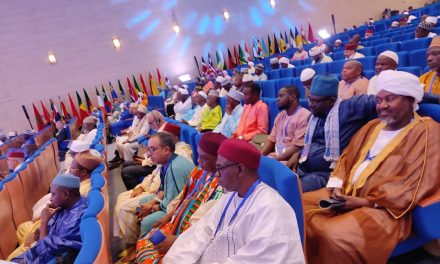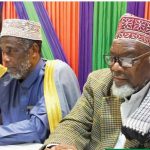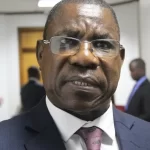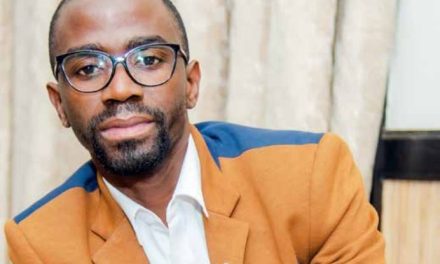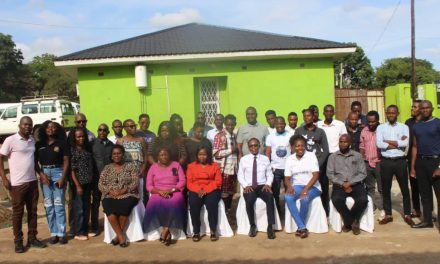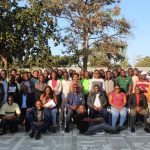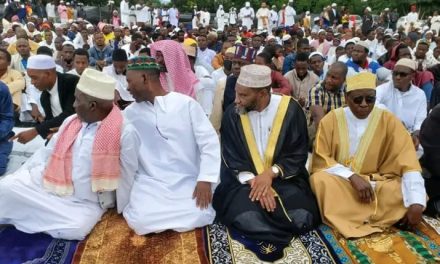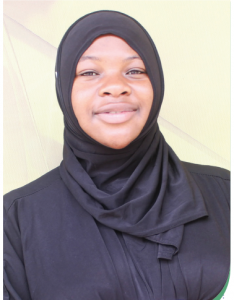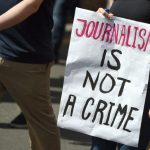
Ulama Council of Malawi Condemns Israeli’s Aggression Against Palestinians in Gaza

The Ulama Council of Malawi secretary general Sheikh Muslim Abbas Vinjenje has strongly condemned Israeli’s recent air strikes and bombardment against the people of Palestine. Vinjenje said this at a press briefing the Ulama Council of Malawi held on October 21, 2023.
The council’s secretary general reiterated that such actions have resulted into deaths of innocent children and women, which is a violation of both Islamic principles and international law.
“We strongly believe in justice, peace and fundamental rights of all individuals, regardless of their race, religion, or nationality. Palestinians have for years been struggling to access their fertile land, water, and electricity following the occupation of the Israelis,” he said.
He described the recent fighting between Israel and Hamas as a significant escalation in the long-standing Israeli-Palestinian conflict, which has denied the people of Palestine their right to freedom and self-rule for decades.
The secretary general called upon the aggressors to respect the core values of justice, peace, and the fundamental rights of all individuals, regardless of their race, religion, or nationality.
“The people of Palestine have been denied access to their basic needs such as fertile land, water, and electricity due to the actions of the Israelis,” he explained.
Vinjenje also stated that Israel’s actions, including the killing of women and children and land appropriation, are unacceptable under both international law and Islamic principles.
“The creation of the Hamas group was a response to the discrimination and injustices committed by Israelis against the people in Palestine,” he lamented.
Vinjenje called on human rights organizations and international bodies to intervene and address the abuses happening in Gaza and the West Bank.
Sharing similar concerns is the Malawi Palestine Solidarity Movement which organized a vigil at the Malawi Sun Hotel to raise awareness about the issues in Palestine.
Asabuni Phiri, the National Coordinator for the movement, emphasized that the conflict in Palestine is fundamentally about human rights, not religion. He underlined the need to support the rights of all people regardless of their religious background.
“The vigil has been successful since we have people from different religions, CSOs, and other groups in attendance. As a movement, we are expecting more ideas from the participants on how we can move forward in supporting people of Palestine,” Phiri said.
The vigil included a historical video presentation by Professor Nandini Patel, who has been following the Israeli-Palestinian conflict for decades. Professor Patel provided a historical background on the land disputes and conflicts in Palestine dating back to the UN Resolution in the 1960s.
She highlighted the negative impact of Israel’s actions on Palestinians, including land theft, illegal settlements and dispossession.
According to international law, Professor Patel pointed out that the construction of the wall was ruled illegal by a significant majority of judges, yet the situation on the ground continues to deny people in Gaza and the West Bank access to vital resources.
“According to international law, which had 15 judges, 14 of the judges said the construction of the wall was illegal and should be demolished. The wall is denying people from Gaza and West Bank access to fertile land, water, electricity and other basic needs,” said Prof. Patel.
She expressed disappointment with the lack of implementation of resolutions and decisions made by Western superpowers to address the issue, and she stressed the need for solidarity with the people of Palestine.
The vigil was organized to show support and solidarity for the people of Palestine and convey a clear message that they are not alone in their struggle for their rights.
